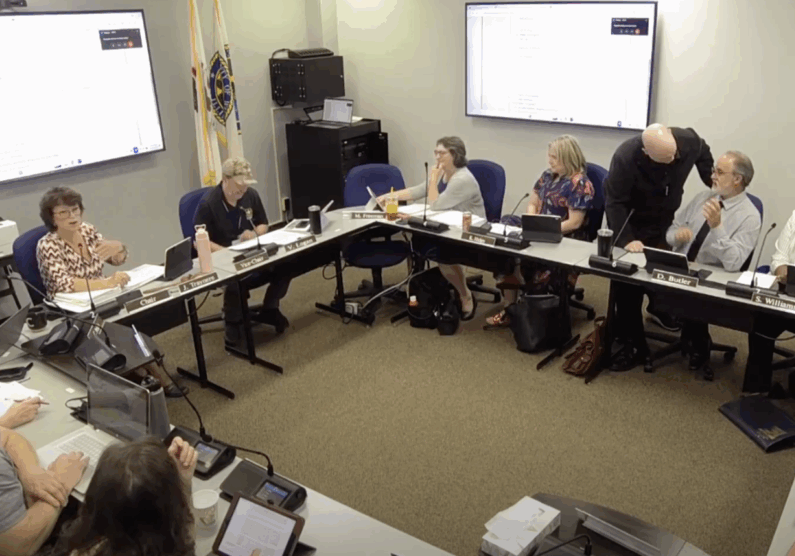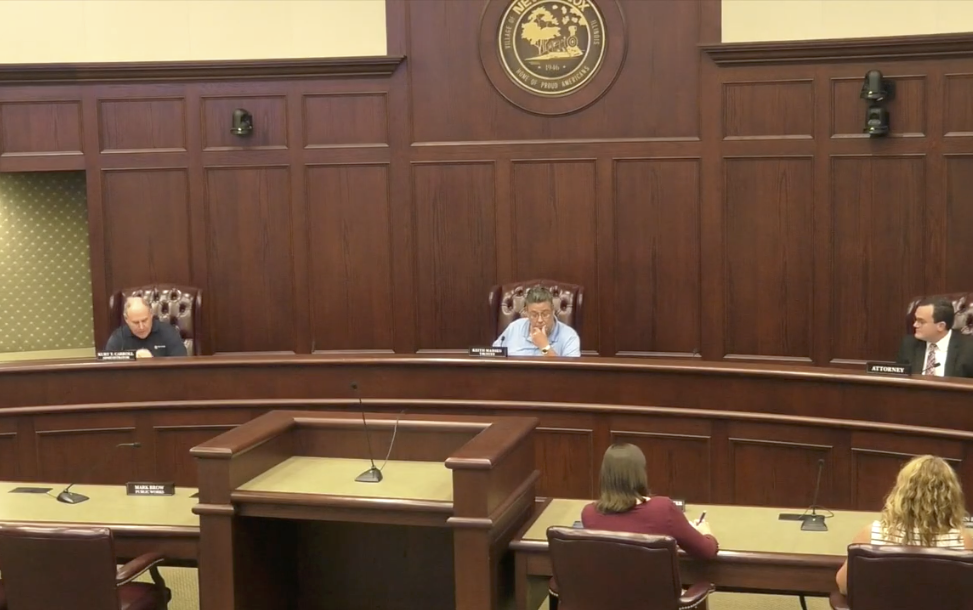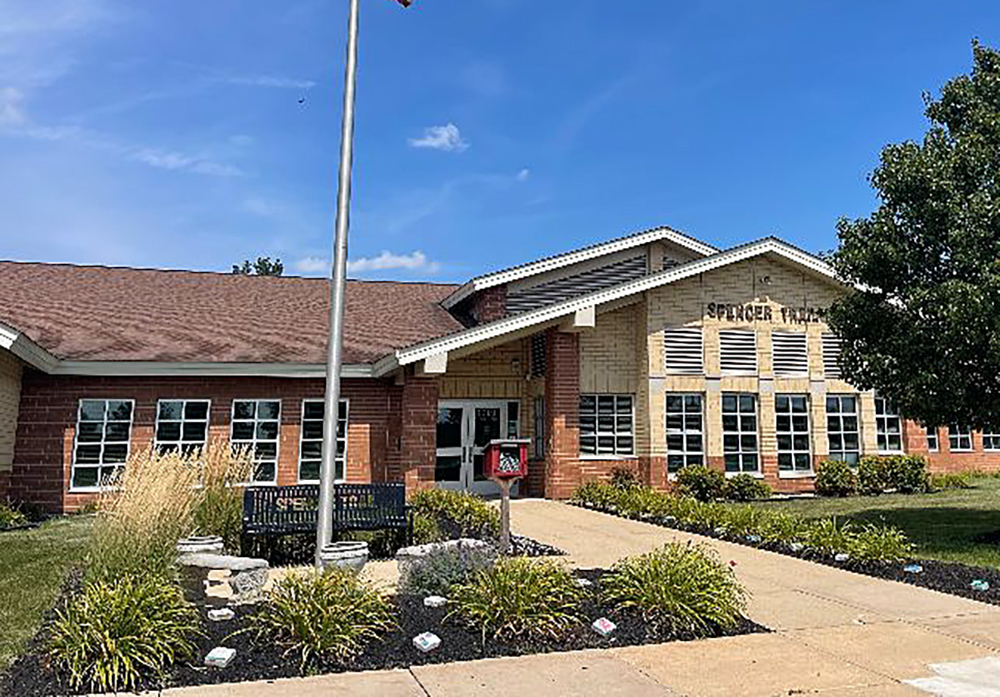
Will County to Draft New Harassment Policy Amid Debate Over Board Authority
The Will County Ad-Hoc Ordinance Review Committee will draft a new, county-wide general harassment policy after a lengthy debate on Tuesday revealed the complexities of the county’s legal obligations and the limits of the County Board’s authority over other elected officials.
The discussion arose during a review of Chapter 39 of the county’s ordinances, which contains the state-mandated sexual harassment policy. Board Member Dan Butler proposed broadening the policy’s title and scope from “sexual harassment” to a general “harassment policy,” arguing the county’s required training course covers a much wider range of protected classes, including veterans and pregnant women.
“I was surprised that it included a lot of groups other than just men and women of a sexual nature,” Butler said. “I just thought our policy should reflect that… to bring a broader understanding of what we’re trying to accomplish.”
However, Phil Mock of the Will County State’s Attorney’s Office, who is guiding the committee’s review, advised against altering the existing policy. He explained that state law specifically mandates a standalone “Sexual Harassment Policy,” and changing the title could put the county out of compliance.
“The reason we use that term is because the state mandated us to use that term,” Mock said. “We don’t want to be in a situation where they said, ‘You just have a general harassment policy, you don’t have a sexual harassment policy.'”
This prompted a deeper conversation about the board’s power to set policy for the entire county. Member Judy Ogalla questioned why some ordinances apply county-wide while others do not. Mock described the county government structure as a “feudal system with a bunch of dukes and not one king,” where each elected official—like the Sheriff, County Clerk, or Coroner—maintains control over their office’s internal operations.
He clarified that the County Board’s authority is strongest on fiscal matters. Policies with direct financial implications, like those concerning insurance benefits or purchasing, are binding. Policies on workplace conditions, however, are largely followed voluntarily by other elected officials.
“As a county voice you can say that,” Mock said, suggesting a separate anti-harassment policy would likely be adopted by other officials. “My belief is all the elected officials will voluntarily follow your policy because that makes it easy on them. They don’t have to make their own up.”
Ultimately, the committee voted to direct Mock to draft a new, separate general harassment policy to be added to Chapter 39. The policy will address protections for various classes as defined by state law and court interpretations. Due to the addition of this new section and other required changes, the committee voted to postpone final approval of Chapter 39 until its next meeting.
Latest News Stories

New Lenox Demands Over $422,000 From Developer to Complete Public Improvements

New Lenox Fire District Pays Off Final Loan, Secures $75,000 State Grant

Damaged Drain Tiles at Bristol Park Face $107,000 Repair Bill

New Lenox and Homer Glen Renew 20-Year Boundary Agreement, Defining Future Growth

New Lenox School Board Reviews $500,000 Nelson Campus Playground Proposal

JJC Board Approves Contract with Adjunct Faculty Union

New Lenox Park District Golf Course Shatters Records with Busiest July Ever

Meeting Summary and Briefs: New Lenox Township Board of Trustees for August 14, 2025

Illinois’ gun ban set for oral arguments in appeals court Monday

Law professor explains why Trump could win tariff case

New Lenox Park District Holds Hearing on Potential $1.5 Million Bond Sale for Future Projects

New Lenox School District 122 Approves $908,900 Equipment Purchase for Tyler Elementary HVAC Overhaul


